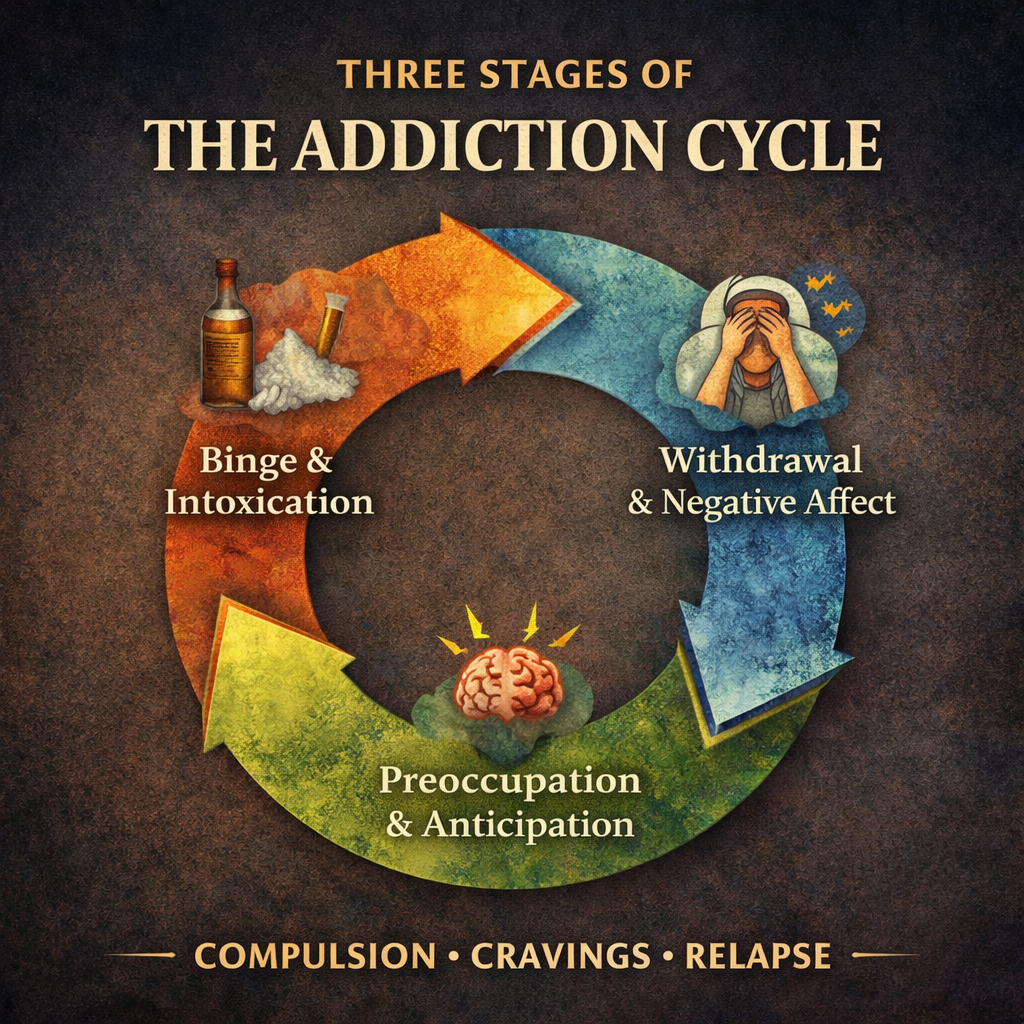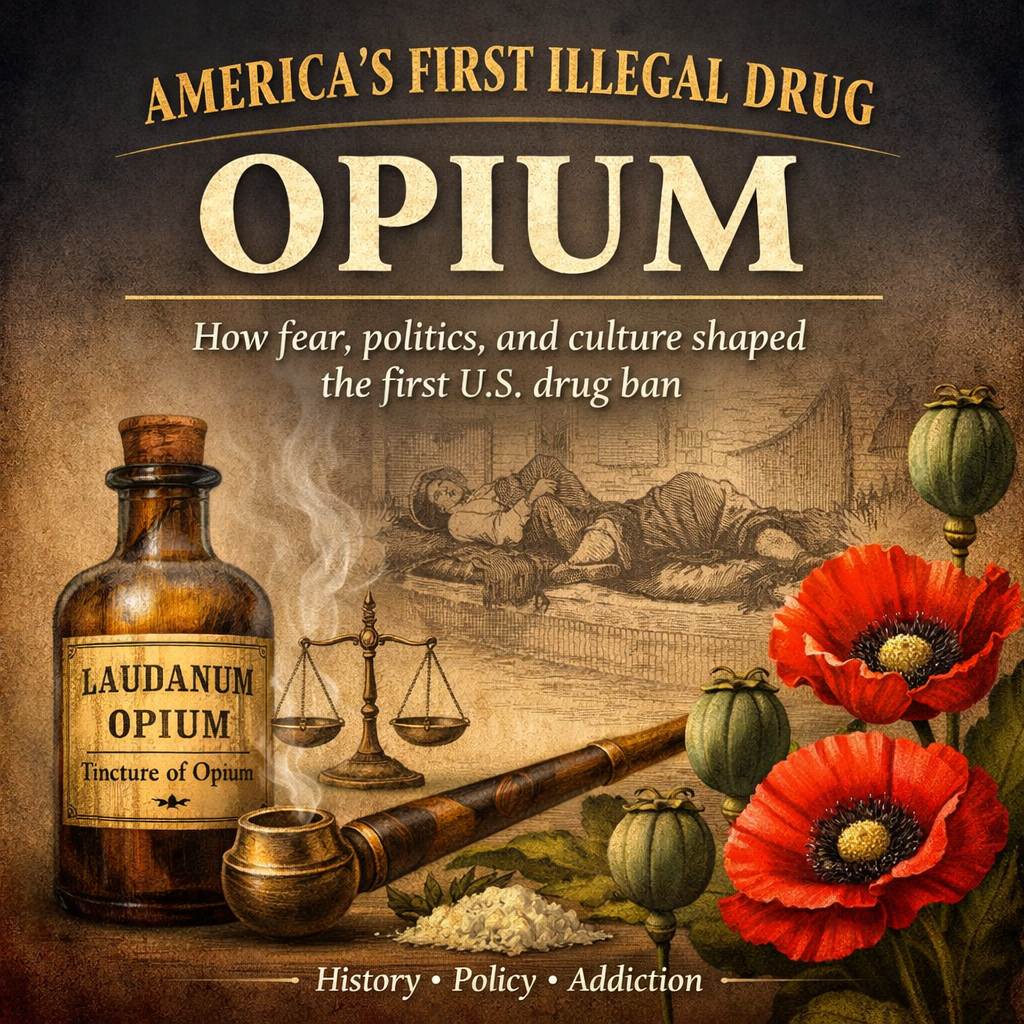The Hardest Year of Sobriety
Staying sober can be one of the most challenging journeys a person undertakes, especially during that first year of recovery. For many people, the early months require far more than just avoiding substances; they demand major lifestyle changes, emotional adjustment, and often a complete reshaping of daily routines and social circles. Old habits, environments, and … Read more








